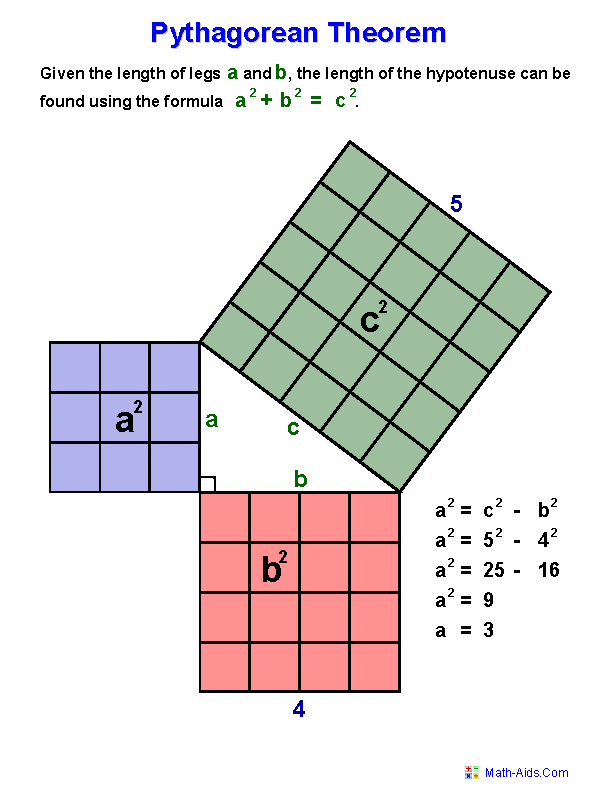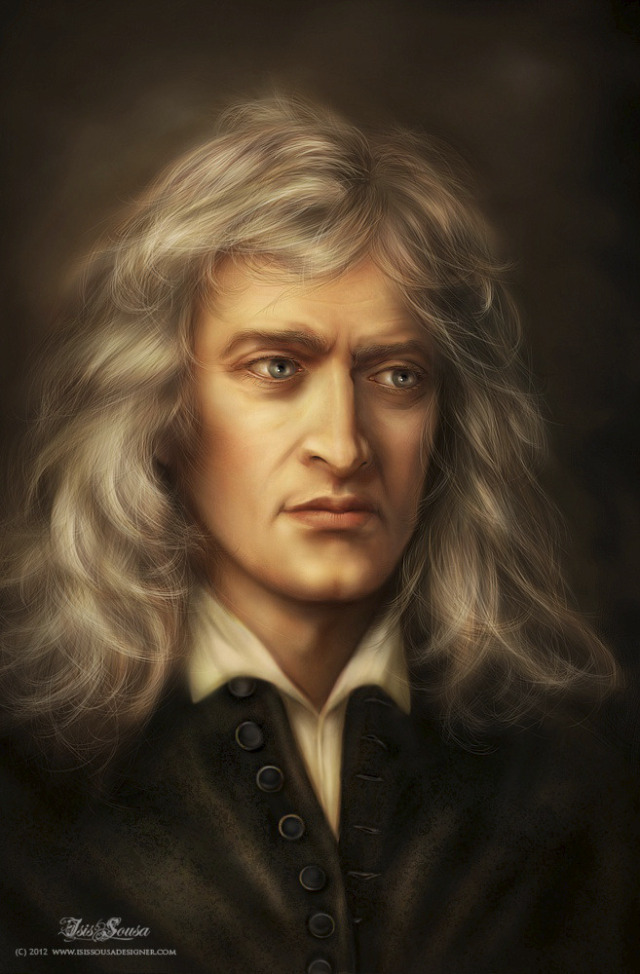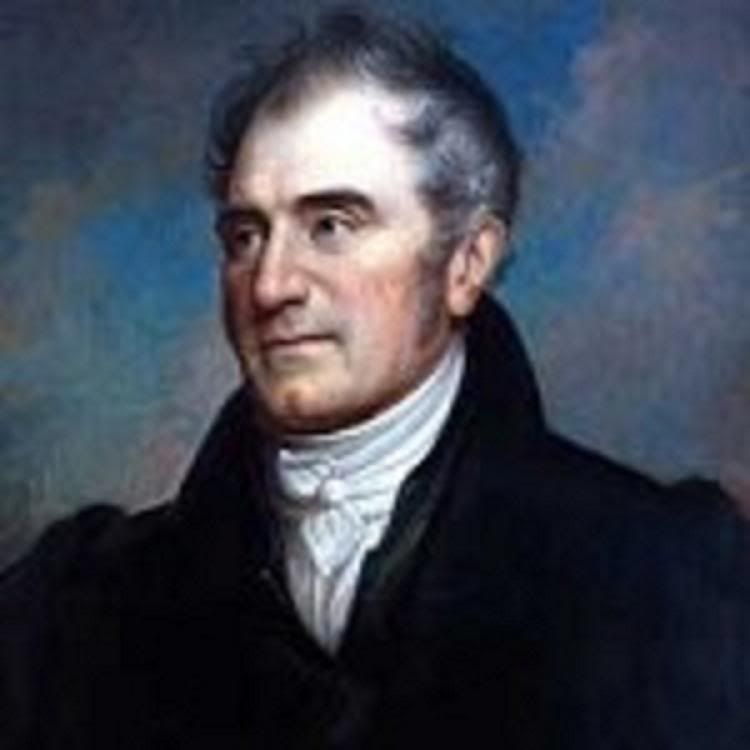Chapter 3. Part C
Opponents of Empiricism and Science have long asked: when a human
sees things in the real world and spots patterns in the events going on there, then makes statements about what she is spotting, what is doing the "spotting"
of the details and the patterns in them? That human mind and the sense-data-processing
equipment that it must already contain in order for it to be able to even begin
to do these tricks that the empiricists describe obviously came before any data
processing could be done at all. What is this equipment and how does it work?
Explain it to me. Philosophers of Science have had much difficulty explaining what
this "mind" that does the knowing is, and
thus what Science, the most rigorous form of knowing, is and is trying to do.
For example,
consider what it is that Science aims to achieve. What scientists want to
discover, come to understand, and then use in creative ways in the real world
are what are usually called “the laws of nature”. Scientists do more than
simply observe the events in physical reality. They also strive to understand how they come about and then to express what they understand in general statements about these
events, statements expressed in mathematical formulae, chemical formulae,
sentences in one of the languages of humans on this planet, or some other
symbol system used by people for conveying their thoughts to other humans. A
“natural law” statement must describe one of the ways in which reality works,
and, to be scientific, the statement’s claims must be set down in a way such
that these claims can be tested in the real world.
If your claims about this
real-world truth that you have discovered are going to be worth considering,
then scientists must be able to test those claims in some real, material way.
Thus, any “natural law” statement that you make, to be of any practical use
whatever, and to stand any chance of enduring, must first be expressed in some
language or symbol system that humans use to communicate ideas with other
humans. A theory or model that can be expressed only inside the head of its
inventor will die with her or him.

Formula expressing Newton's law of universal gravitation
The Pythagorean Theorem, a mathematical law, but is it a scientific one?
The big problem occurs when we try to analyze logically
just how true statements like Newton’s Laws of Motion or Darwin’s Theory of
Evolution are. Do they express unshakeable truths about the real
world or are they just temporarily useful
ways of roughly describing what appears to be going on in reality, ways
that people follow for a few years while the laws seem to enable scientists to
predict events in reality, but that then are revised or dropped when new
problems that they can’t explain are encountered?
Many scientific theories in
the last four hundred years have been revised or dropped altogether. Do we dare
to say, about any of our natural law statements in Science, that it is “true”
in the final, unassailable way in which “5 + 7 = 12” is true or the Pythagorean
Theorem is true?
This debate is a
hot one right up to the present time in Philosophy. There are many philosophers
of Science who claim that scientific law statements, once they are supported by
enough experimental evidence, can be considered to be true in the same way as
valid math theorems are true. There are just as many who say the opposite. For
people in this second group, all scientific statements are tentative. They
believe that, given a bit of time, all natural law statements get replaced by new
models or theories.
Note that anyone
who argues that scientific law statements are only our latest guesses about
what is going on in reality is arguing against the reliability of Empiricism
and its whole way of seeing what human knowing is. This is so because Science
is merely Empiricism applied in its most practical form. To say that, in
principle, there can’t be ultimate truthfulness in any scientific law
statements is to deny Empiricism.
If all natural law statements are seen as
being merely “temporarily true”, then Science can be seen as a kind of fashion show
whose fads have a little more shelf life than the fads in the usual parade of clothes, hairstyles, make-up, television shows, and songs on the
radio. Or put another way, Science’s “law statements” all become just more
“narratives”, not really “true” so much as useful, but useful only in the lands
in which they gain some currency and only for limited time periods, at best.
And the logical flaws
that can be spotted in empiricist reasoning are not small ones.
In the first
place, even the terms that natural-law statements contain are vulnerable to
attack by the skeptics. Hume argued more than two hundred years ago that
we humans can’t really know that any of the laws we think we see in nature are
absolutely true because when we state a natural law, the terms that we use to
name objects and events that we want to focus on exist only in our minds. A
simple statement that seems to us to make sense, like the one that says hot
objects will cause us pain if we touch them, can’t be trusted. To assume that
this “law” is true is to assume that our definitions for the terms "hot"
and "pain" will continue to make sense in the future as they have in
the past. But we can’t know that these assumptions will hold in the future. We
haven’t been to the future.
Thus, all of the
terms in natural law statements, even terms like “protons”, “atoms”, “acids”, “genes”,
“cells”, “galaxies”, etc. are fabrications of our minds, terms that we create
because they help us to sort and categorize our sensory experiences and
memories of sensory experiences and so to talk to each other about what seems
to be going on around us. But reality does not contain any atoms, cells, or
galaxies. If you ask a gene what its name is, it won’t say “Gene.”
Right from
the start, our natural law statements are gambles on the future validity of our current mental categories of things. They can seem very convincing, but they are still
gambles, and some of the ones that humans once gambled on with great confidence
turned out in later experience to be naïve and inadequate.
Isaac Newton
Newton’s laws of
motion are now seen by physicists as being useful, low-level approximations of the
much subtler laws of motion formulated by Einstein. And Einstein’s models don’t
work in most of Quantum Theory. The substance “phlogiston” once seemed to
explain most of Chemistry. From the work of Lavoisier, we learned phlogiston had never really existed at
all.
Antoine Lavoisier
The list of scientific theories that eventually “fell from fashion” could
go on and on.



No comments:
Post a Comment
What are your thoughts now? Comment and I will reply. I promise.